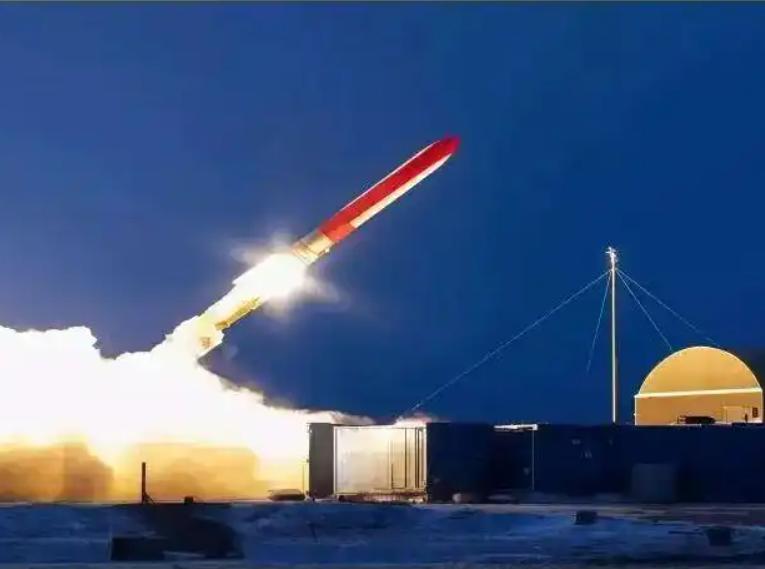The pace of The Times continues to move forward, affecting the development of various fields around the world. There is also a grim reality for the oil industry, which after a century of growth has seen oil companies rake in trillions of dollars in revenue. Now the gasoline era is coming to an end after reaching its peak. As an important barometer of the global economy, how the oil industry responds to the impact of the end of the post-gasoline era will determine the future course of the world economy.
From the data of 2023, the impact of the end of the "gasoline era" has begun to show. Taking petrochina as an example, the company achieved operating income of 3.01 trillion yuan in 2023, down 7.0% year-on-year. Petrobras' sales revenue in 2023 was $22.979 billion, down from $34.703 billion a year earlier. Some energy companies in Europe are facing similar challenges. Shell's financial report in 2023 shows that its total revenue and net profit have declined significantly compared with the same period last year. In addition, some international oil and gas giants such as Saudi Aramco, BP, ExxonMobil, etc., in 2023, the combined net profit has also declined.
At present, the dilemma facing the oil industry is nothing more than the following: First, the change in the supply and demand relationship of the global oil market has brought challenges to the oil majors. With the rapid development of renewable energy and the improvement of environmental awareness, traditional oil demand has gradually declined. Secondly, the general trend of energy transition and low-carbon development also poses a challenge to the oil majors. Many countries have set targets to reduce carbon emissions and promote renewable energy, and the oil industry, as one of the main sources of carbon emissions, is under enormous pressure to transition. In addition, the oil majors face challenges in technological innovation and research and development. As new energy technologies continue to develop and mature, the oil industry needs continuous innovation to improve production efficiency and reduce costs. In the face of these difficulties, the oil majors should do a few things. First, the oil majors could move into chemical production. With gasoline demand gradually declining, the use of petroleum feedstock to produce high value-added chemicals could become an attractive option. For example, Saudi Aramco plans to ship some of its oil to chemical plants to be used in the production of plastics, which will not only help Saudi Arabia achieve its transformation from a chemical producer to a chemical production powerhouse, but also provide a steady supply of plastics for the automotive and aircraft manufacturing industries. Second, oil majors can invest in low-carbon energy solutions to drive the energy transition. Shell, for example, has announced an investment of $10 billion to $15 billion over the next few years in the low-carbon energy sector, including electric vehicle charging, biofuels, renewables, hydrogen and carbon capture and storage. This transformation helps reduce carbon emissions and creates new growth points for the company. In addition, oil majors can reduce production costs and improve production efficiency through technological innovation and research and development to cope with oil price fluctuations and changes in market demand. At the same time, strengthening cooperation with new energy companies to jointly develop new energy markets is also a strategy worth considering. Of course, the end of the "gasoline era" is bound to be the general trend, and the response strategy can only alleviate the urgent need. In the long term, the oil majors' strategies for dealing with the end of the gasoline era can be bolder, including a shift to chemical production, promoting the energy transition, technological innovation and research and development, strengthening cooperation, and focusing on global energy policy and consumer needs. These strategies will help the oil majors remain competitive and sustainable amid change.





























